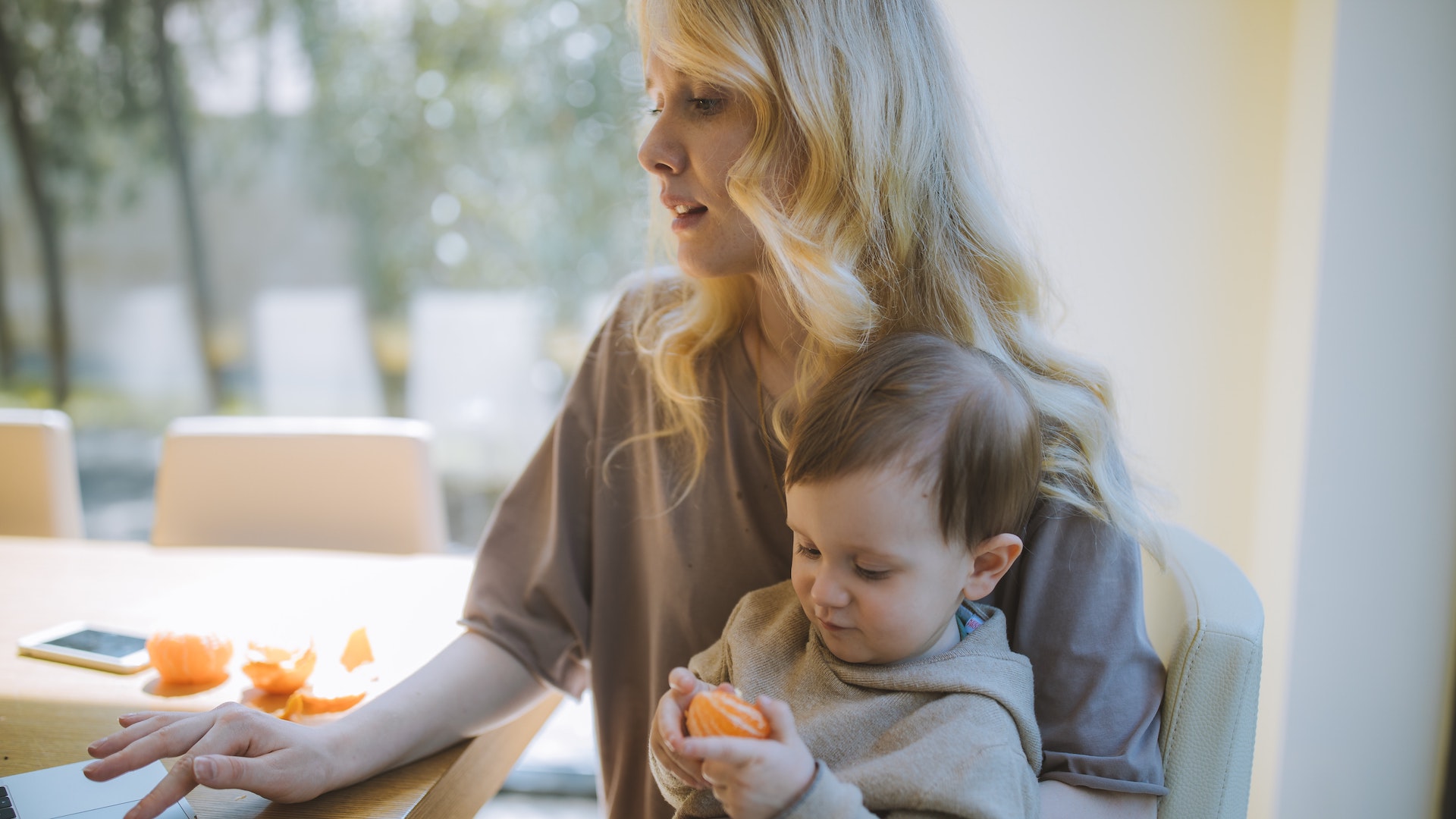Ministers must help single parents to meet childcare costs when they start a job, the campaigners said, and support the sector to keep services open and affordable if they are to end the cycle of single parents being locked out the labour market.
“Single parents have much less flexibility than couple parents, limited access to quality jobs and significantly lower household incomes,” Benson added. “Before the pandemic nearly 70 per cent of single parents were in work and yet many were still living in poverty.
“The pandemic is widening the gulf and alarm bells are ringing loud and clear – the government must do more to support single parents to access work and to ensure work pays. If it doesn’t then we will see more children living in poverty and more single parent families suffering the disadvantage this brings.”
Get free training, careers advice and access to hundreds of thousands of jobs with The Big Issue’s RORA Jobs & Training
Difficulty securing affordable childcare to fit around their jobs and a lack of support for mental health problems were creating a “two-tier society with single parents firmly at the bottom,” researchers said.
Single mothers – who make up 90 per cent of the UK’s two million lone parents – were on average earning half of the salary of couple mothers, according to the report, and it is “vanishingly unlikely” that the salary gap will have narrowed during the Covid-19 crisis.
“Single parents have been among those hardest hit by the pandemic over the last year,” said Tony Wilson, director of the Institute for Employment Studies, which partnered with Gingerbread for the report. “But as we look to the future, we need to ensure that they don’t also miss out on the recovery that we’re now expecting.
“We need to see a far greater focus on specialist employment support for those single parents who are out of work, alongside new investment in childcare and skills support.”
The government must require employers to offer flexible working to staff, researchers said, calling for this commitment to be included in the long-awaited Employment Bill.
The government’s Covid-19 response has often “failed to benefit single parent families in terms of their working arrangements, their finances and their mental health,” said Rebecca Graham, programme manager for the Standard Life Foundation, which funded the report.
“At a time when there is increasing optimism around coming out of lockdown and potential returns to offices, it is absolutely vital that employers and government recognise the needs of single parent families and return to something better than the normal that existed before.”
The Big Issue is offering free training and job search help to anyone who needs it with our new RORA Jobs and Training Toolkit. Sign up to receive a free three-month digital subscription to The Big Issue, access to dozens of free or discounted online training courses and the ability to search hundreds of thousands of jobs.
If you are out of work or worried about work and looking for immediate, practical advice call The Big Issue Jobs helpline on 0204 534 2810 or email RORAhelp@momentagroup.com.





